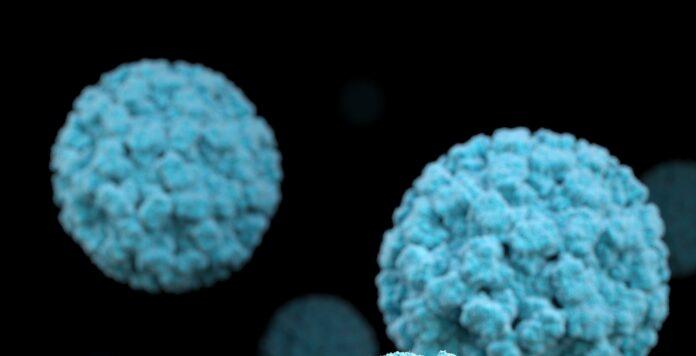Omicron BA.2 subvariant seems to be more transmissible than BA.1. It also possesses immune-evasive properties that further reduce the protective effect of vaccination against infection.
On 26 November 2021, WHO had designated B.1.1.529 variant of SARS-CoV-2 as a Variant of concern (VOC), and named Omicron.
As on date, Omicron includes Pango lineage B.1.1.529 and descendent Pango lineages BA.1, BA.1.1, BA.2 and BA.3. The defining mutations fully overlaps with the lineage BA.1. The descendent lineage BA.2 differs from BA.1 in some of the mutations, including in the spike protein.
BA.2 variant is increasing in many countries. In several countries, two Omicron subvariants are observed BA.1 and BA.2.
In Denmark, BA.2 has rapidly replaced BA.1 and has become the dominant subvariant. In a recent nationwide study of Danish households, the secondary attack rate (SAR) was estimated as 29% and 39% in households infected with Omicron BA.1 and BA.2, respectively.
BA.2 was found to be associated with an increased susceptibility of infection for unvaccinated individuals (Odds Ratio 2.19), fully vaccinated individuals (OR 2.45) and booster-vaccinated individuals (OR 2.99), compared to BA.1.
The researchers also found an increased transmissibility from unvaccinated primary cases in BA.2 households when compared to BA.1 households. The pattern of increased transmissibility in BA.2 households was not observed for fully vaccinated and booster-vaccinated primary cases.
In conclusion, Omicron BA.2 subvariant seems to be more transmissible than BA.1. It also possesses immune-evasive properties that further reduce the protective effect of vaccination against infection.
***
Sources:
- WHO 2022. Tracking SARS-CoV-2 variants. Available at https://www.who.int/en/activities/tracking-SARS-CoV-2-variants/ Accessed on 04 February 2022.
- Lyngse FP, et al 2022. Transmission of SARS-CoV-2 Omicron VOC subvariants BA.1 and BA.2: Evidence from Danish Households. Preprint medRxiv. Posted January 30, 2022. DOI: https://doi.org/10.1101/2022.01.28.22270044
***






































